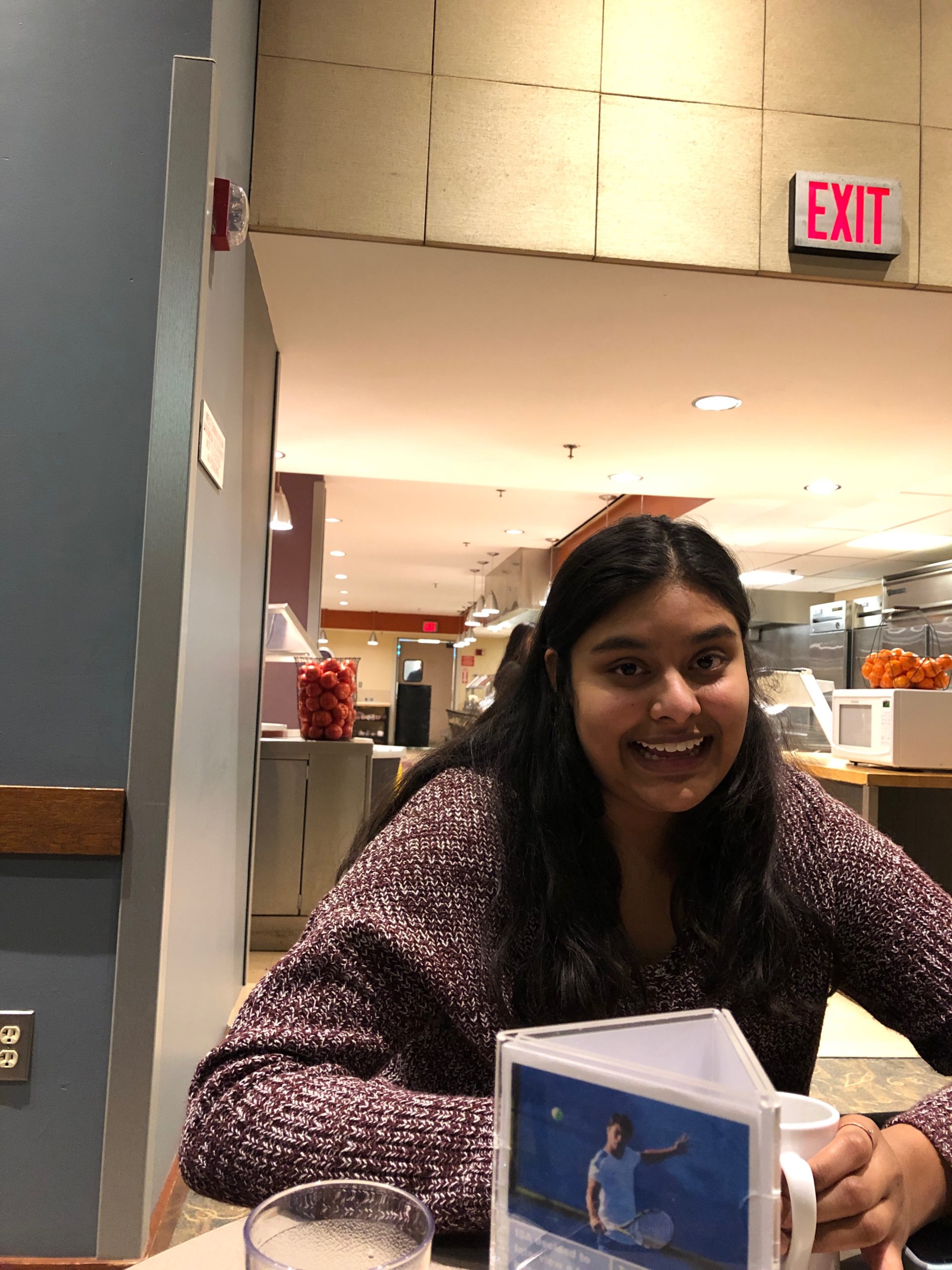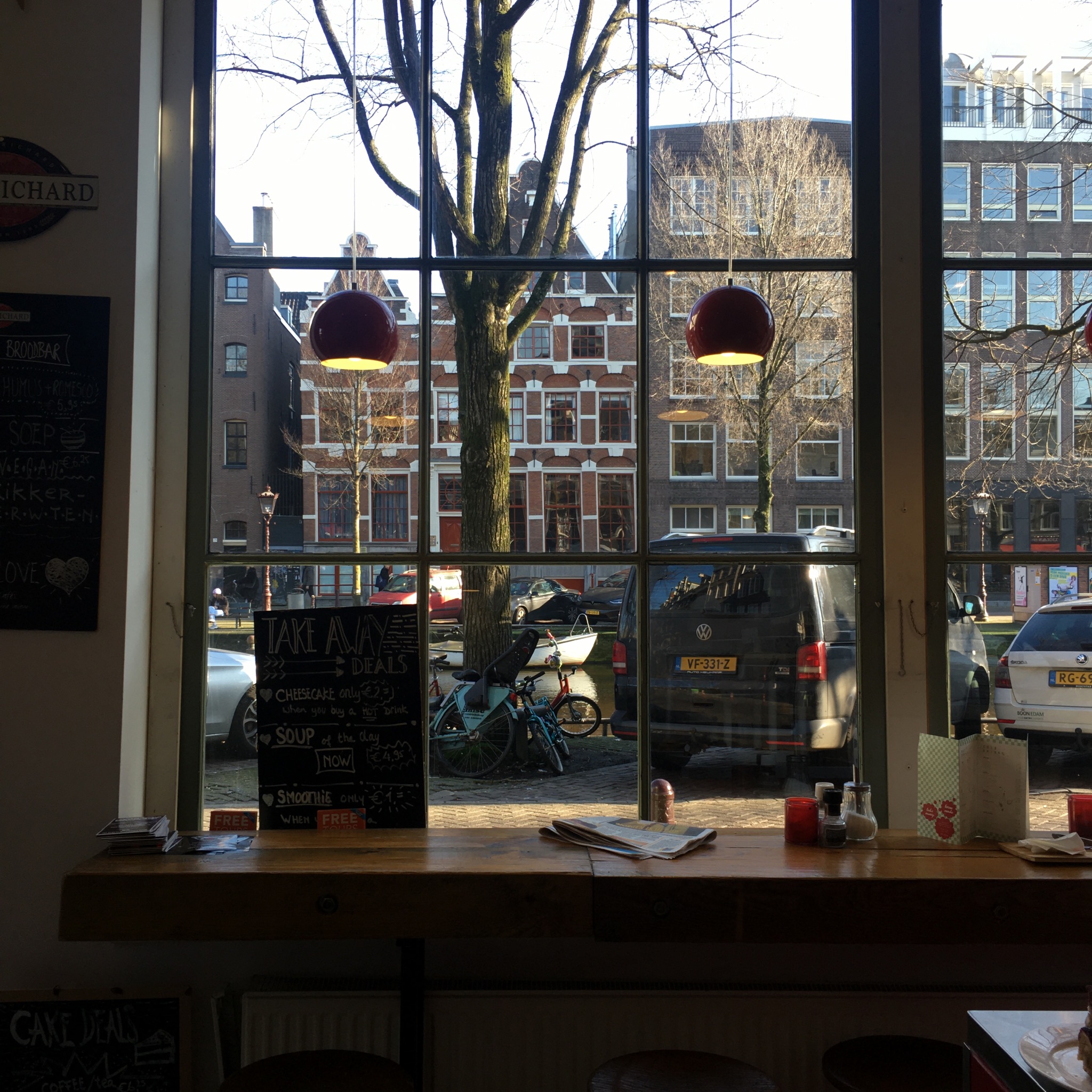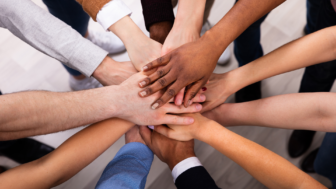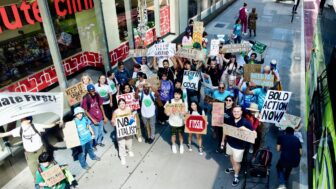Written by Ravena Pernanand
Unexpected emails and last-minute packing
When the first whispers of COVID-19 were emerging in the United States, I was packing my luggage and boarding a 4am flight at JFK airport. An impending pandemic was the last thing on my mind. Rather, I was preoccupied with the tasks that awaited me at the commencement of my semester abroad in Amsterdam: grocery shopping, introductions, and a much needed nap. Needless to say, I slept like a log when orientation activities came to a close.
Honor, a best friend from my school at home, was also taking part in the same exchange program as me. I constantly reminded myself of how thankful I was for her presence throughout the difficulties of adjusting to a new culture. Her guidance and serene disposition always balanced my moments of frantic anxiety and paranoia, these traits were most apparent when the universe threw a wrench into our semester. The weeks leading up to the dreadful email from our home institution were surreal. In the rainy Amsterdam mornings, we dragged our bodies out of bed and trudged along the cobblestone streets to class, pointing out our favorite houseboats lining the canals. On the weekends we filled ourselves to the brim with cheap wine and stroopwafel and navigated the tram system to newly discovered destinations. I often felt like I was watching my life occur from the outside as I shed old skin and re-emerged as a happier and more resilient version of myself. Somehow, five weeks managed to feel like a lifetime.
A continual buzzing sound always existed in the background of these newly formed moments, growing in volume until we had no choice but to acknowledge it. It started with reports of the virus, dubbed “corona,” circulating around Europe. “Use precaution when traveling” our program directors would say in emails that ended in soothing reassurement that the semester would proceed as planned. The background noise seemed to have a blinding effect as well. Even when friends on exchange programs in China and Italy began packing their luggages 15 weeks early, there was a disconnect between our perceived world and theirs. “Yea, it happened in Italy, but we’re totally fine–it won’t spread here.” But slowly, the sound filled every room, every conversation, and previously suppressed thought.
On a Wednesday morning in March, I awoke to emails of US schools closing. Twitter memes and angry Instagram stories emerged from the recesses of the digital world. When I put my phone down, I could re-enter the alternate reality that COVID-19 had not yet managed to fully consume.
On a Thursday morning, only five of the twenty wooden chairs in my Dutch language class were occupied. It seemed that many students had returned back to the States, instructed by worried parents and fast acting educational institutions. I walked home in a confused haze. Looking back on this moment, it’s laughable that I had the audacity to be shocked by these events. In the last three weeks, exchange students all around me had been falling off the European map and into airplane seats headed home.
On a Friday evening at 11pm Central European Time, the upper lefthand corner of my pillowcase began to glow. I turned my phone from its facedown position to find an email from my school: “Important Notification for Hamilton Students in Europe,” flagged red, an endless scroll of instructions for returning home, demands bolded in black, the gravity of the situation underlined in the sender’s tone.
On a Sunday morning I awoke as Amsterdam lay in a pre-dawn slumber. Sluggishly, Honor and I cleared the remaining boxes and trash bags from our studio apartment, filled with uneaten stroopwafel and recyclable glass bottles once filled with cheap wine. In a time before N95 surgical masks were added to the list of things to grab before heading out the door, (phone, keys, wallet…what am I forgetting? Ah, facemask!), I stood outside my apartment building and filled my lungs with air.
Self care, community, and silver linings
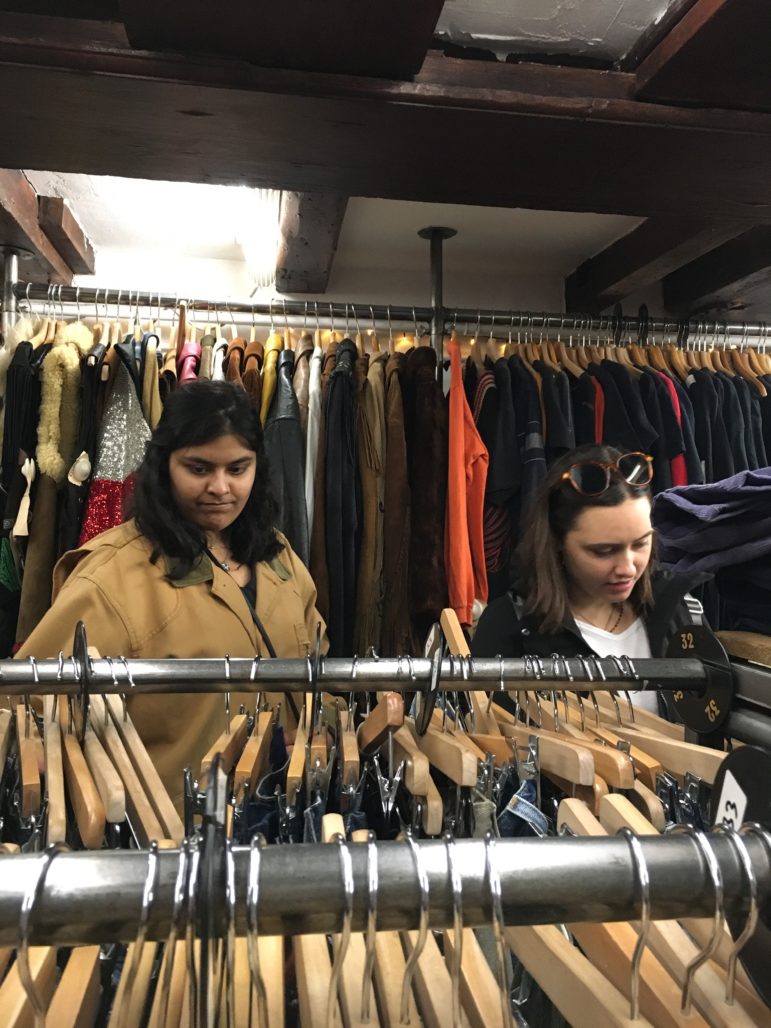
Upon landing home and resettling into both the familiar and unfamiliar, I’ve had time to do nothing but contemplate. In fact, it feels like the universe has forced contemplation upon me like undeserved purgatory. I’m all for self reflection, but the lines between insanity and deep thought can become blurred, a spell that can only be broken by preheating the oven and willing the premature bananas on the counter to quicken their process.
Ironically enough, in self isolation the importance of community has never felt more powerful to me. As I struggled to mold a routine from quicksand and my anxiety reached an all time high, the zoom calls and group chats kept me afloat. My friendships were silver linings: a source of calm and comfort. Though in a time when teetering from one extreme to another can become habitual, the notion of self care began to redefine itself for me: How much time was too much screen time when the outside world is only accessible through a screen? Could I interact with my friends while still taking time for myself? Was I comfortable with being alone? Do I really need to make another loaf of banana bread this week?
This time of reflection has allowed me to understand the things that remind me of my humanity and that make me feel connected to others. Quarantine can feel stagnant and cold, but it has also been a time of extreme change. Babies have taken their first breath, couples have tied the knot, and social movements have erupted since the world has shut down. In a constant effort to feel and exist and breathe freely again, people have managed to reach each other from all ends of the world. Empathy has managed to persist even when leadership and institutions have shown callousness and ignorance. Working at CCAN this Summer has been another silver lining, an opportunity to feel connected to this outside world, a community built on a foundation of empathy. Though the physical distance and computer screens attempt to muffle this experience, my superiors and co-workers have filled this void with communication, warmth, and morale.
As I ready myself to return to campus in the coming weeks, these concepts float around in my head: empathy, community, care, communication. I can choose to view my senior year as an experience hindered by a global pandemic. Many people are angry at lost opportunities and muted versions of their old lives, they are entitled to this anger. But in times of adversity people manage to be the most resilient versions of themselves. They shed old skin and re-emerge stronger.
